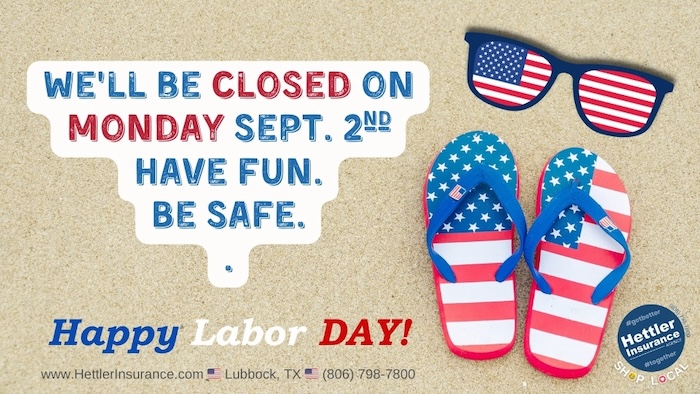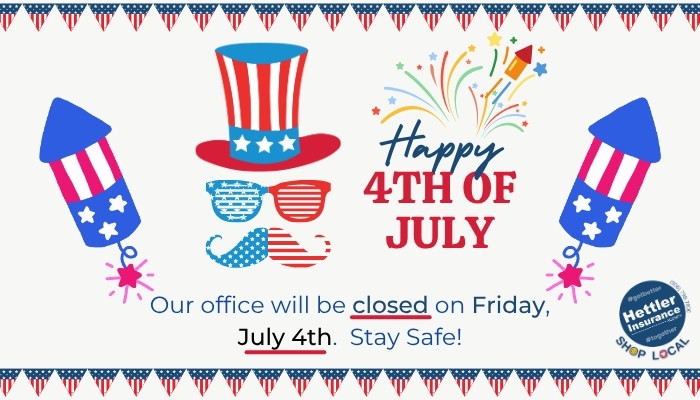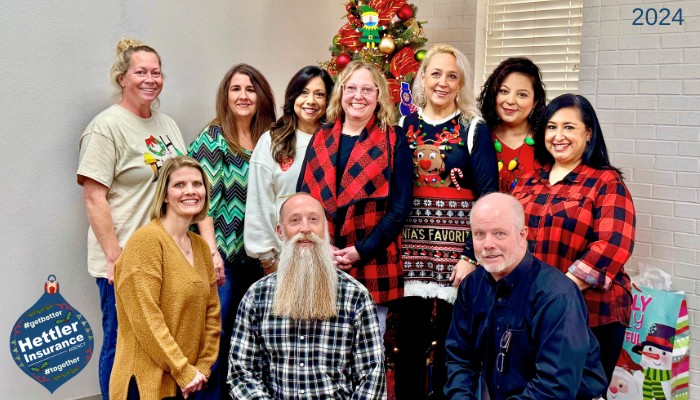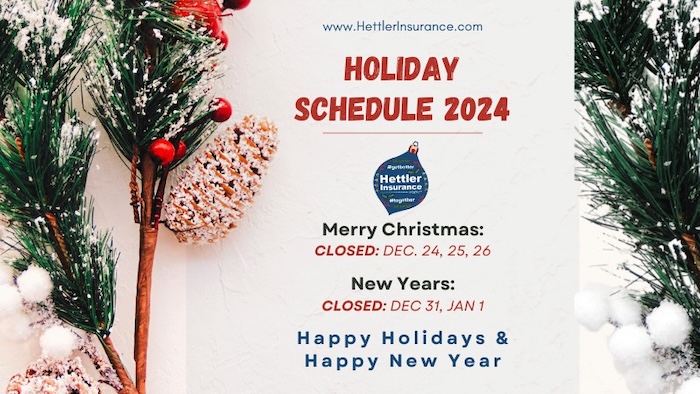
Hettler Insurance Agency in Lubbock, Texas will be closed on Monday, Sept. 2nd, for Labor Day. Have fun. Be safe. However, you can still visit https://hettlerinsurance.com/life-insurance-quote/ for a Life insurance quote and/or https://hettlerinsurance.com/free-auto-quote/ for a car / home quote.
Guide to Understanding Labor Day in the United States
Did you ever wonder why we get a long weekend at the start of September? Let’s dive into the history of Labor Day in the United States, a day that not only signifies the unofficial end of summer but also honors the American workforce. Grab a cup of coffee, and let’s learn.
Origins of Labor Day
Let’s travel back to the late 19th century, a time when the Industrial Revolution was in full swing. Factories were bustling, and railroads were expanding across the nation. However, this rapid industrial growth came with a human cost. Workers faced long hours, unsafe working conditions, and minimal wages. It was clear that something had to change.
Enter the labor unions. These groups fought tirelessly for workers’ rights, advocating for shorter workdays, better pay, and safer working conditions. The idea of a “workingmen’s holiday” began to circulate among these unions as early as the 1880s. The first unofficial Labor Day parade took place on September 5, 1882, in New York City, organized by the Central Labor Union.
Legislation and Recognition
The movement gained traction, and by 1887 Oregon became the first state to officially recognize Labor Day as a public holiday. Other states followed suit. The turning point came after the Pullman Strike of 1894—a nationwide railroad strike that turned violent and resulted in federal intervention. To mend fences with American workers after the strike, President Grover Cleveland signed legislation making Labor Day a national holiday in June 1894.
Why September?
You might wonder why Labor Day is celebrated in September rather than on May 1st—International Workers’ Day, which is observed globally. This was a strategic choice by U.S. leaders who wanted to distance American workers’ celebrations from the more politically charged May Day events linked to socialism and communism.
Labor Day Traditions
Over time, Labor Day has evolved from its labor union roots to a more generalized celebration of workers’ contributions to society. While parades and speeches still occur, most Americans now associate Labor Day with barbecues, family gatherings, and retail sales events. History is largely forgotten.
But let’s not forget its core purpose: honoring the labor force that built and continues to sustain our nation. It’s an excellent opportunity for reflection on how far we’ve come in terms of workers’ rights.
Modern-Day Relevance
In today’s gig economy and remote work culture, the principles behind Labor Day are still relevant. Conversations about work-life balance, fair wages, and workplace safety are ongoing and important for ensuring a fair work environment for all.
As we enjoy our well-deserved day off this September, let’s remember to honor those who fought for the rights we often take for granted today, like so many other things.
So there you have it—the rich history behind that much-anticipated three-day weekend! Whether you’re planning a cookout or just relaxing at home, take a moment to appreciate the significance of Labor Day.
Stay curious, have fun, and stay safe!
Conclusion
By understanding the history, legislative background, traditions, and modern relevance of Labor Day, you gain a comprehensive view of what makes Labor Day such an integral part of American culture. Whether you’re new to this topic or just needed a refresher, I hope this guide has been both informative and enjoyable. Now, go enjoy your 3-day weekend!
-- Life Insurance Instant Quote and Apply Tool @ GetLifePolicy.com > * Quick self-service term life insurance quote. With or without medical exam.
-- Call us about Auto, Home, Business, Life, or Health insurance. * Click to Call (806) 798-7800, Mon-Fri 8:30am-5pm (lunch closed Noon-1pm)
-- Come see us @ our new address 4720 S Loop 289 Lubbock, TX 79414 (maps link), or get your online quote started at https://GetHettler.com




